Posttraumatic Stress Disorder (PTSD) and Guilt
In my previous work at the University of California at San Diego and current work in private practice, I help men and women suffering from Posttraumatic Stress Disorder (PTSD). PTSD is an anxiety disorder which can develop after a traumatic event. PTSD is characterized by 3 basic groups of symptoms: Re-experiencing or intrusive symptoms (flashbacks, nightmares), avoidance symptoms (numbing, isolation) and hyperarousal symptoms (difficultly sleeping, easily startled).
In our work, releasing guilt is a key focus of successful PTSD treatment. Guilt is both an emotional and cognitive experience which occurs when we violate our own moral or ethical code. Guilt however keeps us stuck. Guilt keeps ruminative thought patterns, intrusive images, flashbacks, sleep difficulties and nightmares going. The mind is trying to "work out the problem" for you- so it keeps serving up aspects of the trauma and what you could have done differently. Conversely, unlocking and releasing guilt loosens the grip of PTSD symptoms* and creates room for breath, vitality and freedom.
Many of us carry guilt for years, ruminating and remaining stuck. We often believe that if we had just acted differently that things may have turned out better. "IF I had only taken his keys that night". "I should have left him years ago". "I never should have gone out with her, I had a bad feeling and I should have trusted myself".
3 basic ways we experience guilt:
1. We feel guilty that we did something that we should not have done, OR we feel guilty that we didn't do something that we should have done. (behaviors)
2. We feel guilty that we thought something that we shouldn't have thought or we feel guilty that we didn't think something that we "should" have thought of. (thoughts)
3. We feel guilty that we felt something we should not have felt or we feel guilty that we did not feel something that we should have felt. (feelings)
Guilt is defined as an uncomfortable or unpleasant feeling that is usually accompanied by beliefs that we should have thought, felt or acted differently.
Kubany, a well respected Posttraumatic Stress Disorder (PTSD) clinician and researcher has said that if he only had one hour to work with a trauma survivor (specifically he works with domestic violence trauma survivors) he would spend it on releasing her guilt. He went further and said that if he only had 10 minutes to spend with a victim of DV he would spend it on Hindsight Bias.
Briefly, Hindsight Bias is a form of guilt. It is the practice of blaming yourself today for decisions you made before you knew what you know now. "IF I had only taken his keys that night". However, we cannot make a past decision from the knowledge we hold today. Today we know the outcome. We know the car crashed. Of course we would choose differently. However, We simply can not possibly know then what we know now. This time travelling trick of the mind is hindsight bias. We have to identify this faulty reasoning pattern, override it and let ourselves off the hook.
Bottom line: Guilt is a killer. PTSD or no PTSD, guilt clogs up our ability to move freely in relationship(s); to live fully now, safe, clean and free.
_______________________________________________________
*3 basic symptom categories of PTSD:
Avoidance symptoms
(Numbing, isolation, avoid anything which reminds you of the trauma etc.)
Intrusive symptoms
(flashbacks, images, intrusive thoughts, or nightmares etc)
Hyperarousal symptoms
(always feel keyed up or one edge, looking over shoulder constantly, great difficulty falling asleep or waking in middle of the night, easily startled, or anger etc)
Unlock guilt.
Unlock PTSD.
Fly free.
Love,
Dr. Regina



